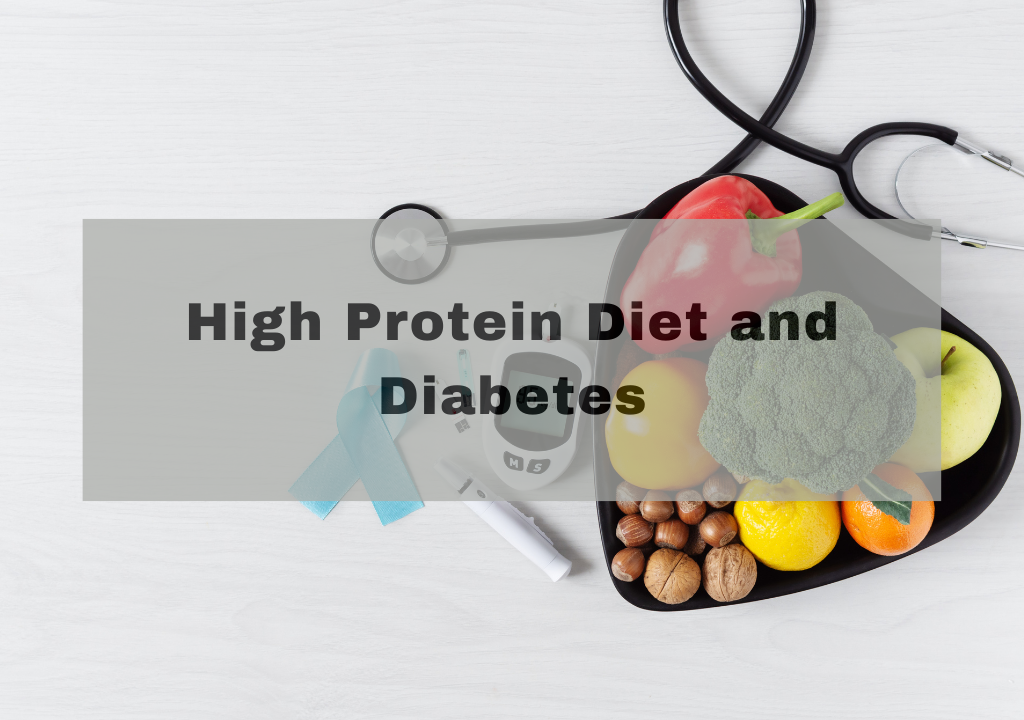The internet can be confusing. I recently came across the McDonald diet, which basically allowed people to have anything they wanted from McDonalds every single day but eat only one time a day. You had to starve for 23 hours daily. Basically goes to say that there is a seller promising infinite health to you with whatever type of food you want to eat.
When it comes to Diabetes, excess fats add to body weight, and carbohydrates directly cause sugar spikes.
In this scenario, protein has always been the go- to nutrient for people with diabetes. We know that it helps build lean muscle mass. Also, it does not cause sugar spikes.
But are there any downsides to eating a high- protein diet? Also, does the type of protein you are eating (weather it is coming from animal's or plant's) matter? Is chicken different from paneer or both different from pulses?
Let's explore weather a high- protein diet is beneficial or not for diabetes. Also, if not for proteins, what should one eat?
7 Reasons to Rethink High Protein
We often love to categories food into three sub- groups, namely:
- Proteins
- Carbs
- Fats
But the food group you choose to eat is always a combination of all of the above and never one thing exclusively. Sure, foods can be higher in one nutrient and lower in the other. For example, a fruit like pineapple might be low in proteins and higher in carbs, but contains an enzyme called bromelin that boosts the absorption of proteins in the body.
Here are seven strong reasons why you need to keep a check on your protein intake:
- Impact on Beta Cells: Beta cells are the type of cells that make insulin. Insulin is the hormone that helps control blood sugar levels in the body. There's no doubt that protein is an essential nutrient for building and repairing tissues. However, excessive protein, particularly from animal sources, can be a double-edged sword for beta cells.
- Insulin Resistance: Insulin resistance is like a roadblock on the highway to healthy blood sugar levels. Studies suggest a connection between high animal protein intake, particularly red meat, and increased insulin resistance.
- Kidney Strain: Our bodies break down protein from food into its building blocks, amino acids. These are used to build and repair tissues. However, this process also creates waste products, primarily ammonia. These leftovers aren't welcome guests in the bloodstream, and that's where your kidneys come in, acting like super filters.Diabetes can weaken kidney function over time. When you eat a high-protein diet, especially one rich in animal protein, your body creates more waste products like ammonia for the kidneys to clear.
- Blood Sugar Spikes: While protein doesn't directly raise blood sugar like sugar does, some animal protein sources can be surprisingly sneaky in causing blood sugar spikes. Breakfast sausages, deli meats, hot dogs, and bacon often contain added sugars, refined carbohydrates, and unhealthy fats.
There are many other reasons why a high protein diet wont be the best for Diabetes. Please click here to read my blog about the same in much more detail.


